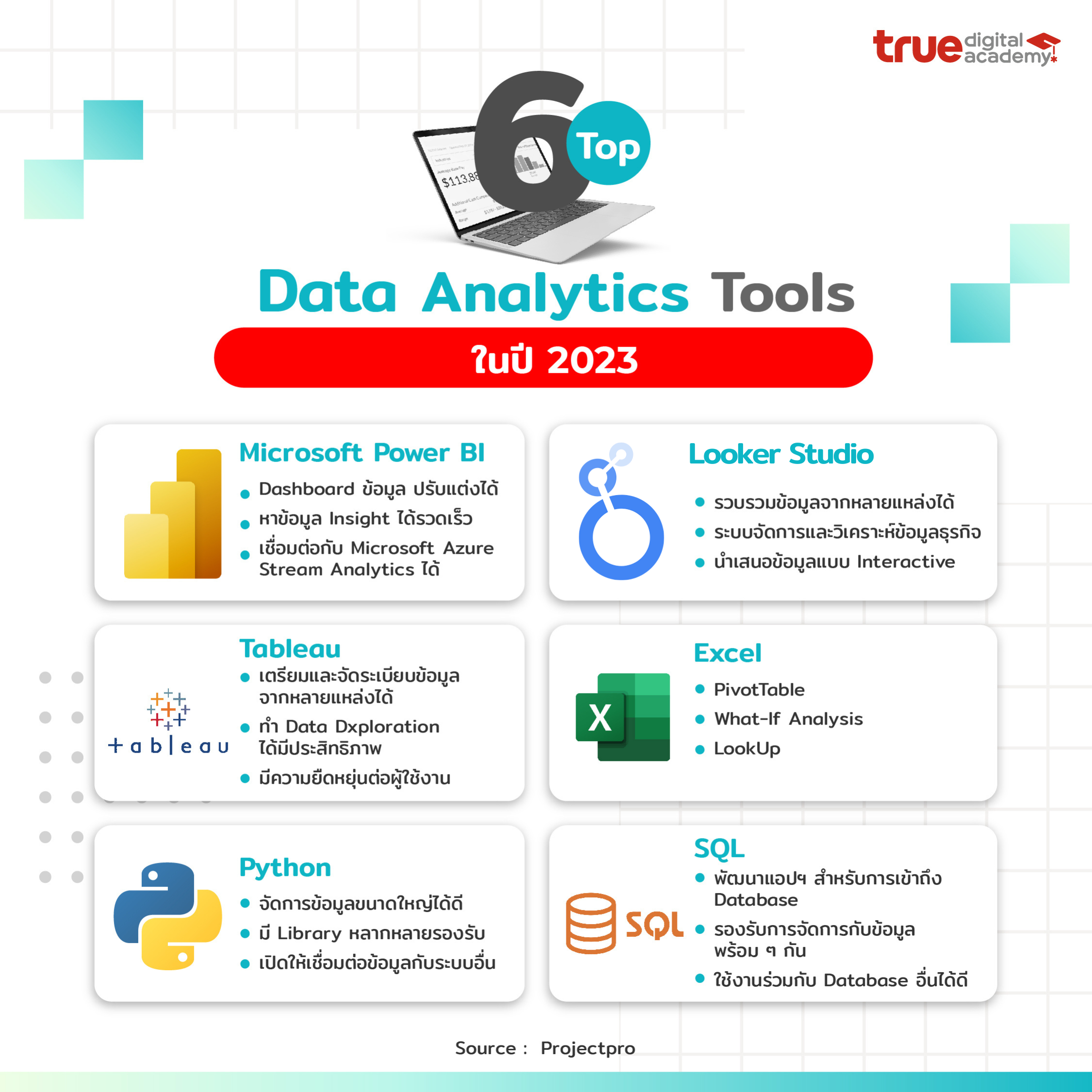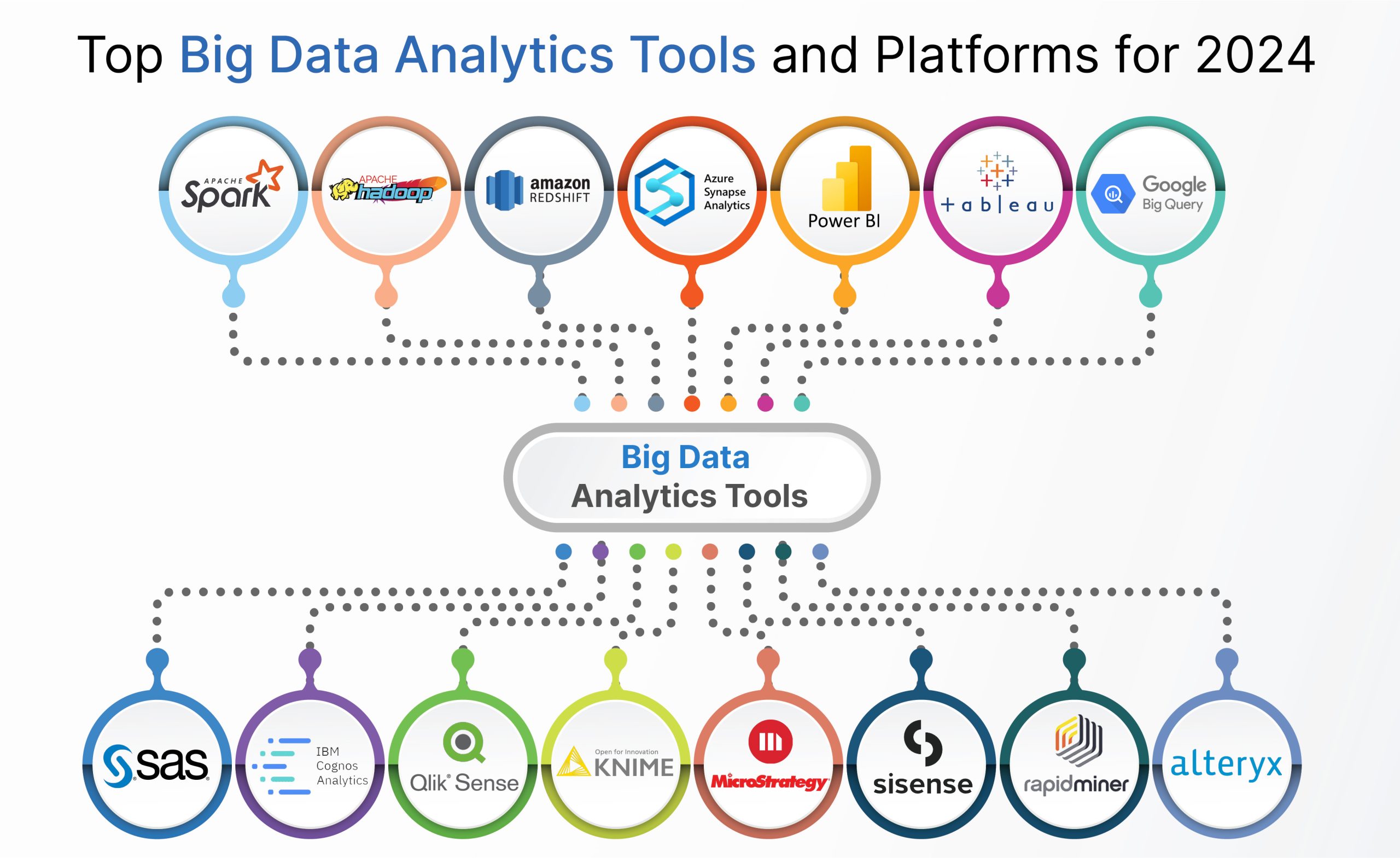Maximize Effectiveness Making Use Of Real-Time Analytics Platforms
Make Best Use Of Development: Exactly How Analytics Drive Better Approaches
In today's data-driven landscape, companies progressively recognize the pivotal function of analytics in shaping efficient development techniques. By utilizing information understandings, companies can refine their functional methods, expect market changes, and improve client interaction. However, the challenge exists not just in collecting data yet in effectively analyzing it to drive concrete results. As we check out the crucial advantages and techniques linked with analytics, a vital question emerges: just how can companies ensure they are leveraging these insights to unlock their complete potential? The answer might redefine the future of tactical preparation.
Comprehending Information Analytics
Data analytics is a systematic computational evaluation of information that enables organizations to discover purposeful patterns and insights. This process includes a range of strategies, consisting of analytical analysis, anticipating modeling, and information mining, which jointly intend to change raw data into actionable details - Analytics. By utilizing these techniques, organizations can make enlightened decisions that are rooted in empirical proof as opposed to instinct alone
The structure of data analytics hinges on its capacity to handle huge quantities of info from diverse sources. This consists of structured information, such as databases, and disorganized information, consisting of social media sites communications and client comments. With making use of specialized software program and devices, experts can remove and refine this data effectively, determining fads and correlations that may not be quickly apparent.
Comprehending data analytics also involves identifying the significance of data quality and honesty. Accurate and trusted information is crucial for significant evaluation; hence, organizations must implement durable information governance practices. Additionally, the repetitive nature of analytics allows for continuous refinement and improvement of strategies, ensuring that organizations stay dexterous despite altering market dynamics and consumer actions.
Key Benefits of Analytics

One of the essential advantages of analytics is its capacity to offer actionable understandings. Organizations can promptly analyze large amounts of information, revealing patterns that may not be immediately apparent. This assists in preparing for market changes and adjusting methods as necessary. Additionally, analytics fosters a society of evidence-based decision-making, reducing dependence on instinct and uncertainty.
One more substantial benefit is improved customer understanding. Analytics tools allow organizations to section their audience, track customer actions, and personalize marketing efforts. This targeted method not only boosts customer engagement yet additionally drives greater conversion prices.

Implementing Analytics Approaches
To fully understand the benefits of analytics, organizations have to adopt organized methods for application. This company website begins with plainly defining purposes that straighten with more comprehensive service objectives. By developing certain, measurable results, organizations can focus their analytics initiatives on areas that yield the greatest return on financial investment.
Following, organizations ought to prioritize data administration to ensure the stability and safety of the data being assessed. This involves setting up protocols for data collection, storage, and gain access to while sticking to pertinent laws. Guaranteeing high-grade data is essential for creating significant insights.
In addition, promoting a society of data-driven decision-making is crucial. This requires training staff members to translate analytics searchings for and motivating partnership across departments. They are more most likely to incorporate navigate to this site insights into their day-to-day procedures. when groups recognize the value of analytics.
Lastly, organizations must on a regular basis examine and refine their analytics approaches. The landscape of data and innovation is continuously developing, and staying adaptable will certainly permit companies use this link to leverage brand-new tools and approaches successfully. By carrying out these organized strategies, organizations can optimize the impact of their analytics initiatives and drive lasting growth.
Tools for Reliable Evaluation
Effective evaluation depends on a selection of devices that facilitate the removal of understandings from information - Analytics. These devices can vary from simple spread sheet applications to sophisticated device discovering systems, each serving an unique function in the analytical procedure
Data visualization software program, such as Tableau and Power BI, plays a crucial duty in transforming complicated datasets into easy to understand visual representations. These tools allow experts to identify patterns and trends promptly, allowing for even more enlightened decision-making.
Analytical evaluation software program, like R and SAS, supplies innovative abilities for performing comprehensive evaluations, including regression, hypothesis screening, and predictive modeling - Analytics. These functions empower companies to attract significant conclusions from their information, determining potential possibilities and risks
Additionally, database management systems such as SQL and NoSQL databases offer the required framework for storing and querying huge quantities of information successfully. They make sure that data is arranged and accessible for evaluation.
Lastly, service knowledge systems incorporate various information resources, supplying an extensive view of organizational performance. By making use of these tools properly, services can boost their analytical capacities, allowing them to create methods that optimize development and boost overall efficiency.
Study of Success
Successful companies frequently take advantage of information analytics to drive impactful strategies, as confirmed by several noteworthy instance studies. By using these insights, Netflix has effectively tailored its material referrals, resulting in increased customer interaction and subscriber retention.

Additionally, Starbucks utilizes data analytics to figure out ideal shop places and refine its item offerings. By analyzing customer demographics and buying patterns, Starbucks successfully determines high-potential markets and customizes its food selection to neighborhood preferences, driving sales and consumer loyalty.
These study illustrate that effective utilization of information analytics can cause critical benefits, promoting advancement and growth within organizations across different markets.
Conclusion
In conclusion, the integration of analytics right into business approaches considerably enhances decision-making procedures and cultivates sustainable growth. By leveraging data-driven understandings, organizations can recognize patterns, anticipate market shifts, and maximize operations. The effective execution of analytics devices even more sustains dexterity and advancement, allowing organizations to browse competitive landscapes with higher accuracy. Ultimately, a dedication to analytics not just drives instant efficiency enhancements however also protects long-term success in an ever-evolving industry.
Information analytics is a methodical computational evaluation of data that makes it possible for organizations to discover meaningful patterns and understandings.Comprehending information analytics also includes identifying the significance of data high quality and integrity. Trusted and accurate information is critical for significant evaluation; hence, organizations need to apply durable data administration methods.Following, organizations need to focus on data governance to make sure the integrity and protection of the data being examined.Effective companies usually leverage data analytics to drive impactful strategies, as shown by numerous remarkable instance research studies.